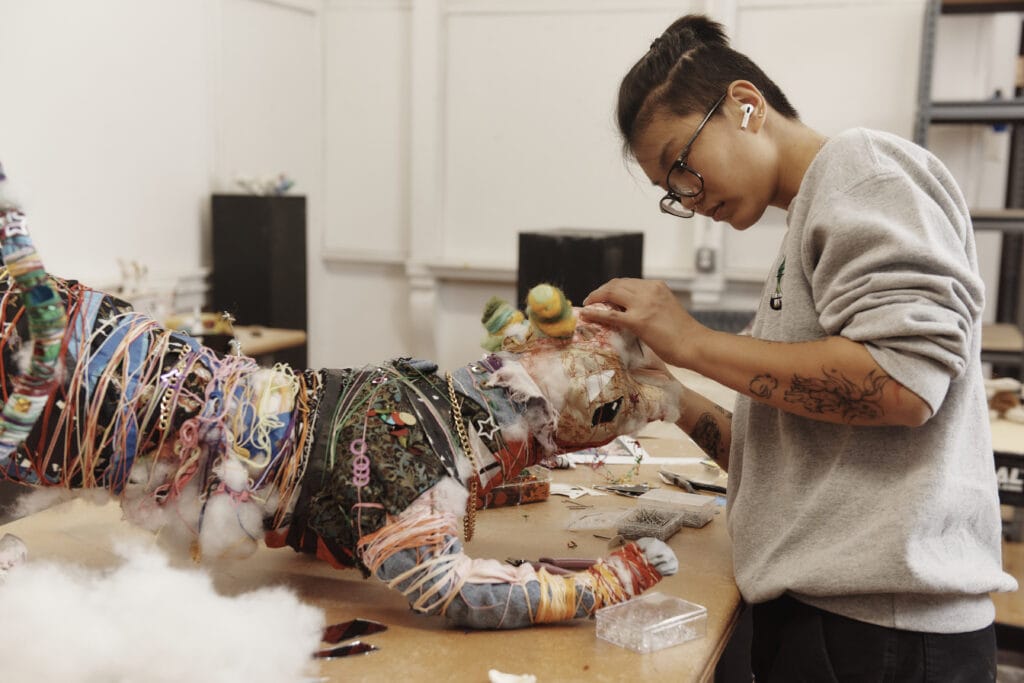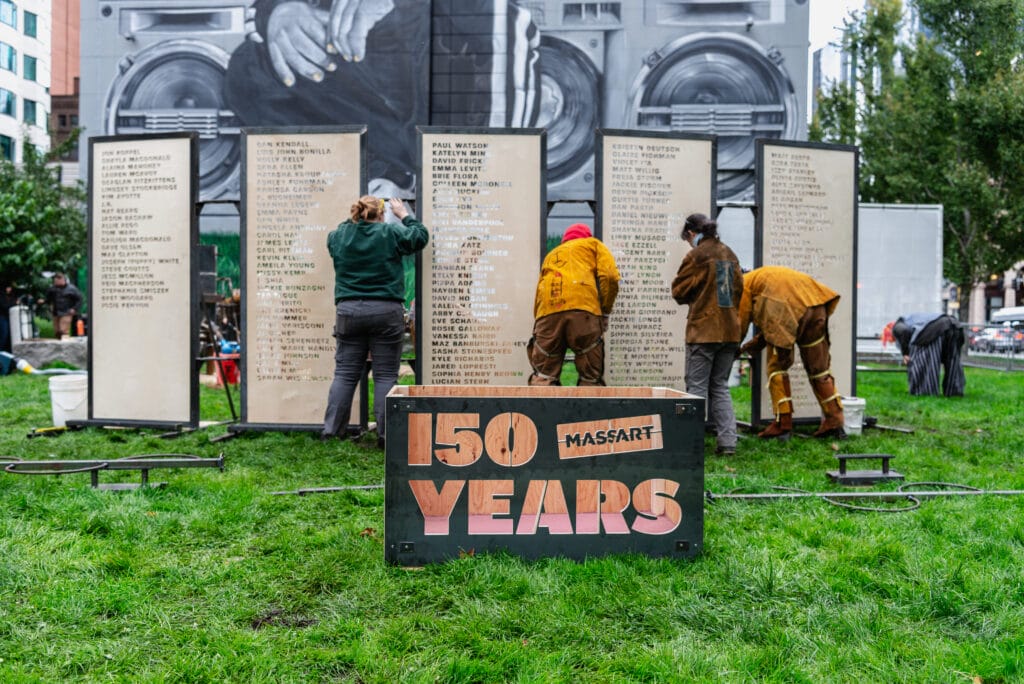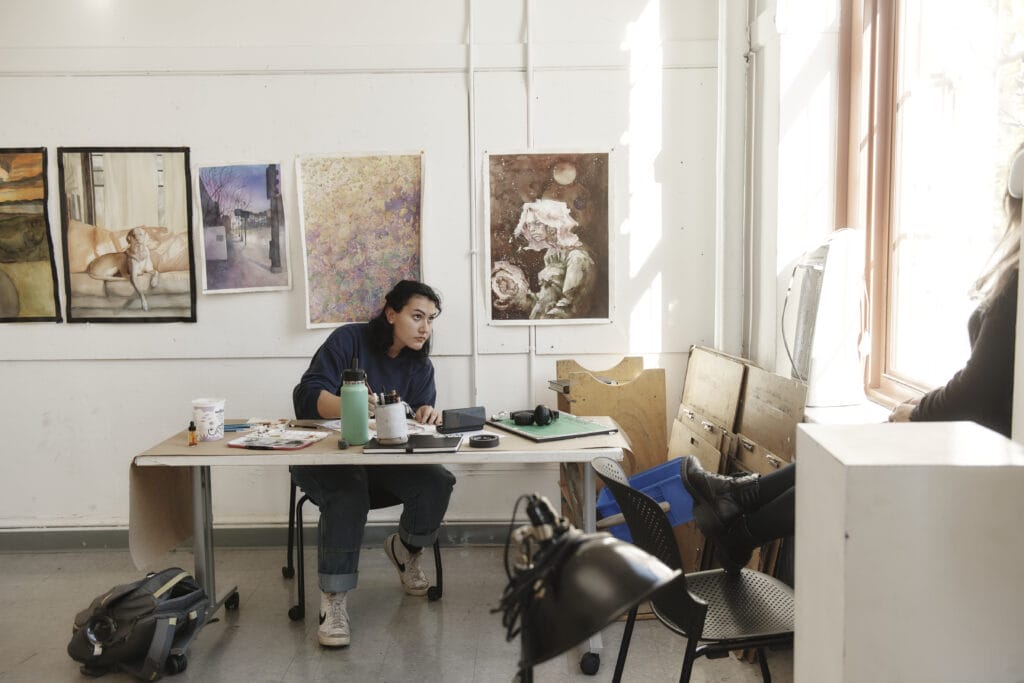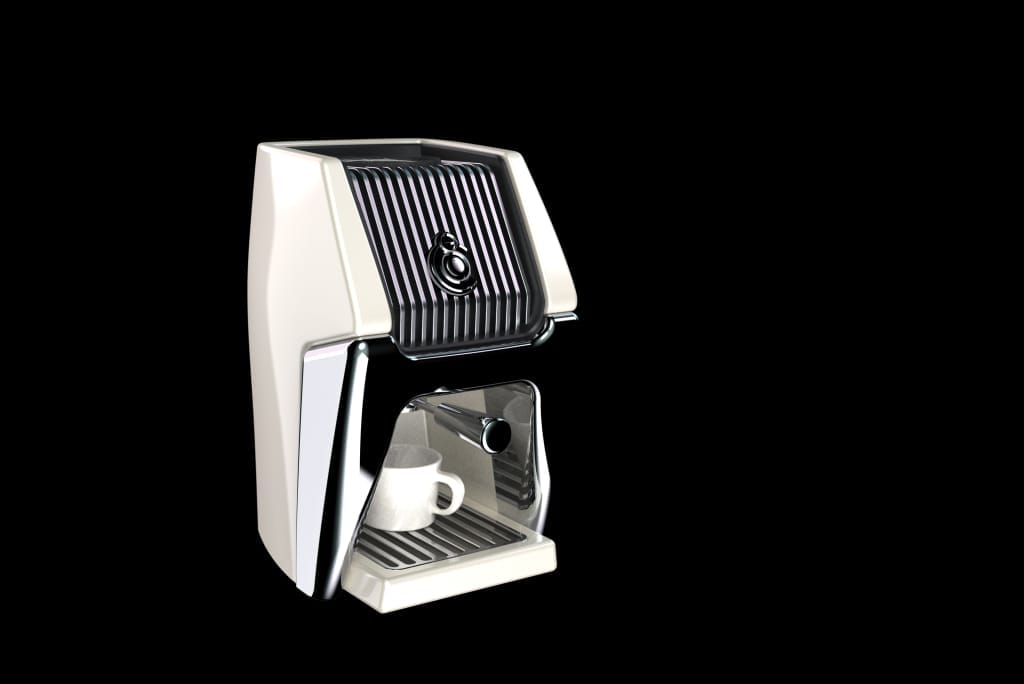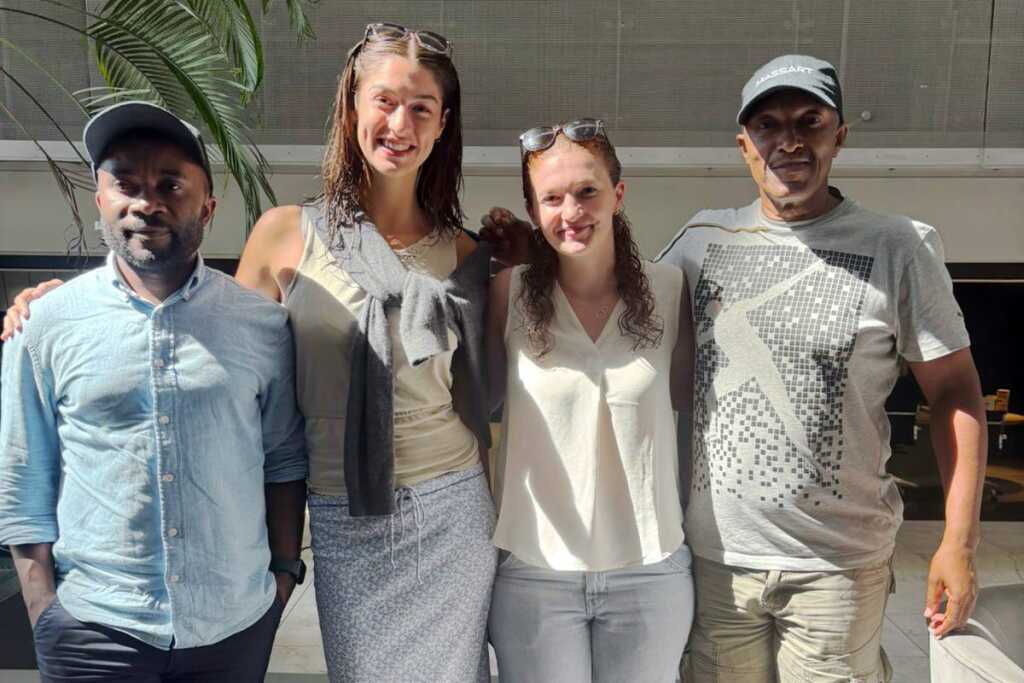MassArt’s Industrial Design studios offer dedicated spaces, 3D printers, model shops, and advanced fabrication labs for hands-on learning.
Learn MoreIndustrial Design

Learn how to transform your innovative design ideas into real-world products and experiences.
As an Industrial Design student, you won’t just learn how to design products—you’ll learn how to design with purpose. You’ll explore how art, engineering, design, and business come together to create solutions that are functional, beautiful, and grounded in real human needs. You’ll sharpen your product design and concept development skills while also thinking about how your ideas can be manufactured, brought to market, and made sustainably.
Along the way, you’ll create work that doesn’t just solve problems, but also improves the way people live, work, and interact with the world.
Made at MassArt
See how MassArt’s Industrial Design program turns ideas into products, systems, and experiences.
In our program, students are not just trained in practical design skills; they also engage in forward-thinking discussions about social and environmental impacts.James Read Chair and Professor, Industrial Design
Heather Reavey
Associate Professor, Industrial Design- Faculty
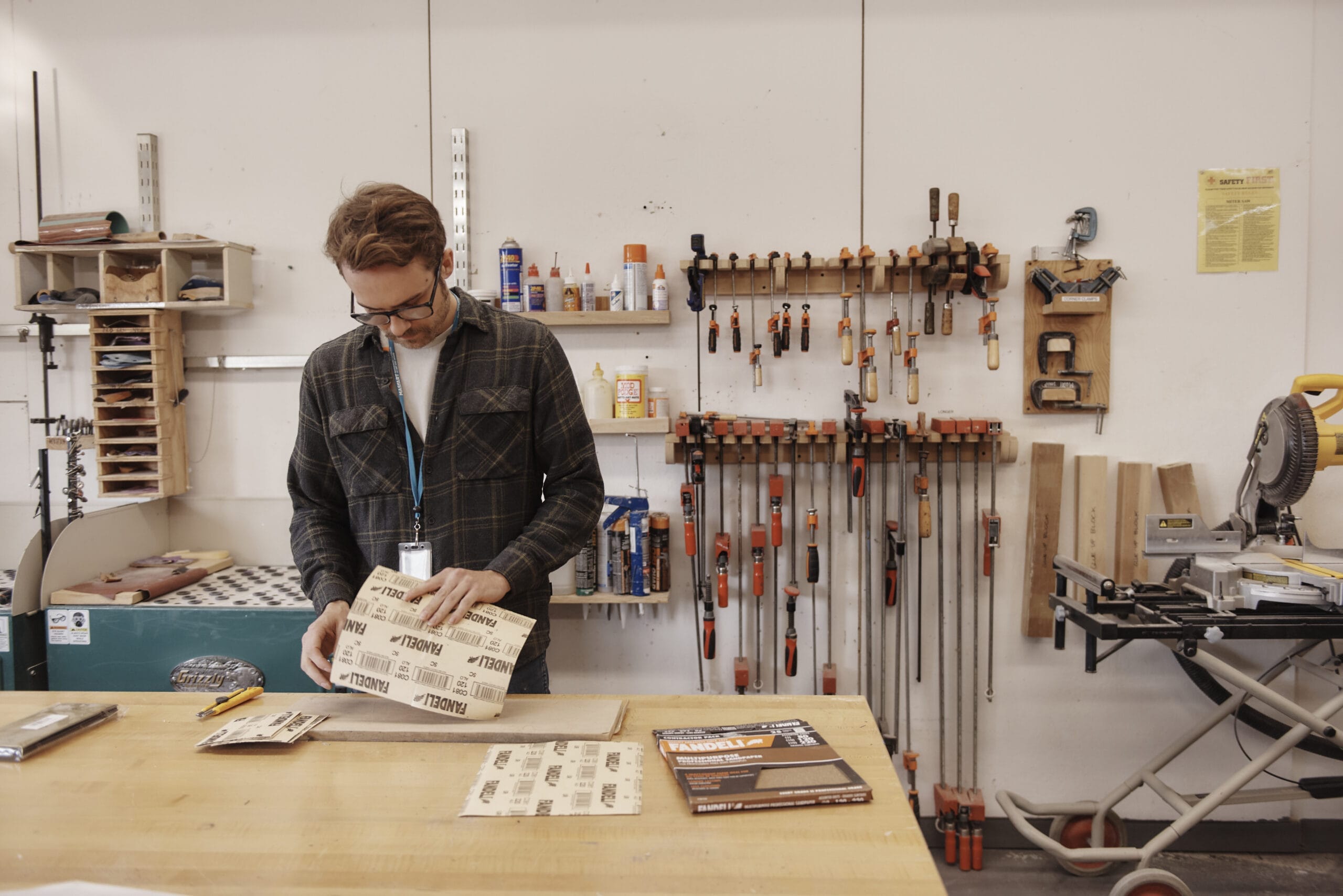
Industrial Design Studios
18 UNIQUE UNDERGRADUATE PROGRAMS. A WORLD OF OPPORTUNITY.
Information for


